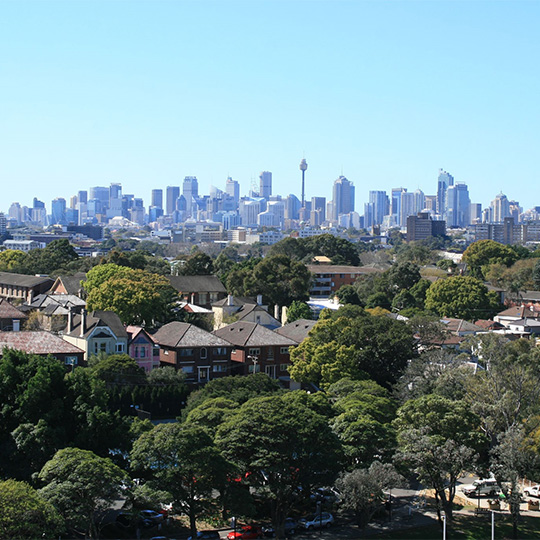The World Health Organization (WHO) has published its first global research agenda for the world’s scientists to address the most urgent human health priorities to combat antimicrobial resistance (AMR). It outlines 40 research topics on drug-resistant bacteria, fungi and Mycobacterium tuberculosis that must be answered by 2030, in line with the Sustainable Development Goals.
The WHO Global Research Agenda for AMR in human health will catalyze innovation and implementation research, spanning the epidemiology, burden and drivers of AMR, context-specific and cost-effective strategies to prevent infections and emergence of resistance.
It will also involve the discovery of new diagnostic tests and improved treatment regimens, the identification of cost-effective methods to collect data and translate it into policy, as well as how to implement current interventions more efficiently in resource-limited settings. Ultimately, the generated evidence will inform policies and interventions to strengthen the response to antimicrobial resistance, particularly in low-and-middle-income countries.
“Antimicrobial resistance is an urgent public health and economic challenge, and good quality research is a vital part of the response. To help preserve antimicrobials and save lives and livelihoods, this research agenda is a crucial tool for researchers and funders to prioritize research questions, and promptly and efficiently generate evidence that informs policy,” said Dr Hanan Balkhy, WHO Assistant Director-General for AMR. “This first research agenda from WHO will provide the world’s AMR researchers and funders with the most important topics to focus on and give the world its best chance to combat AMR,” added Dr Silvia Bertagnolio, Unit Head in WHO AMR Division.








